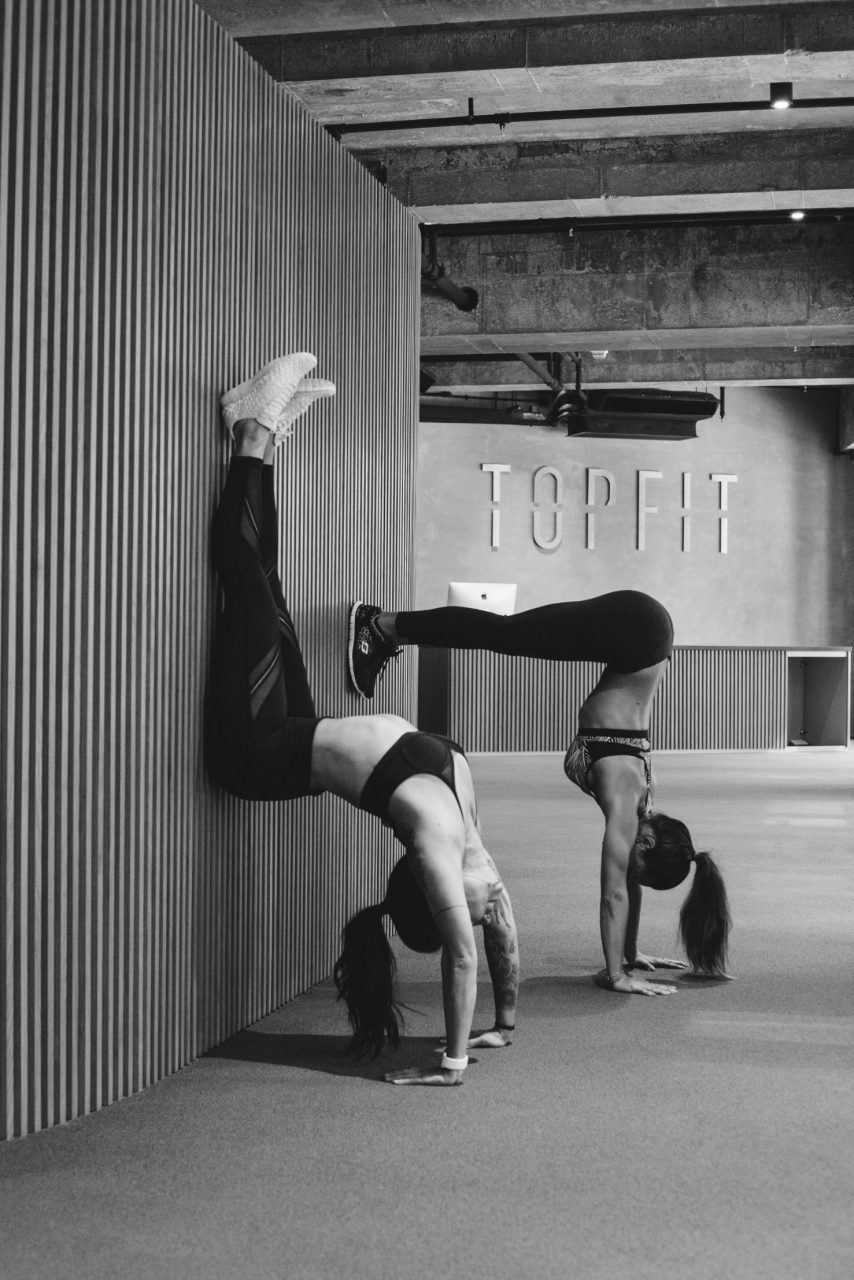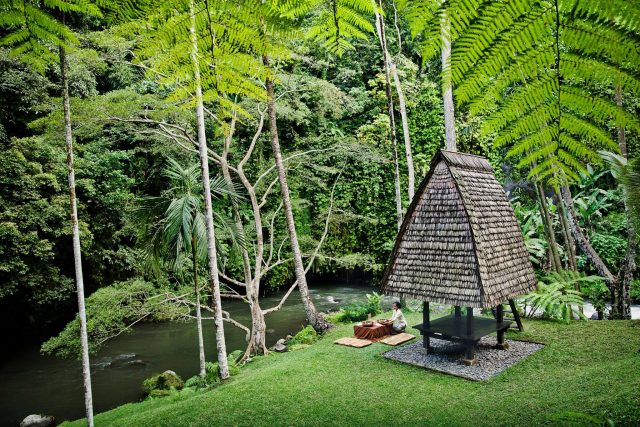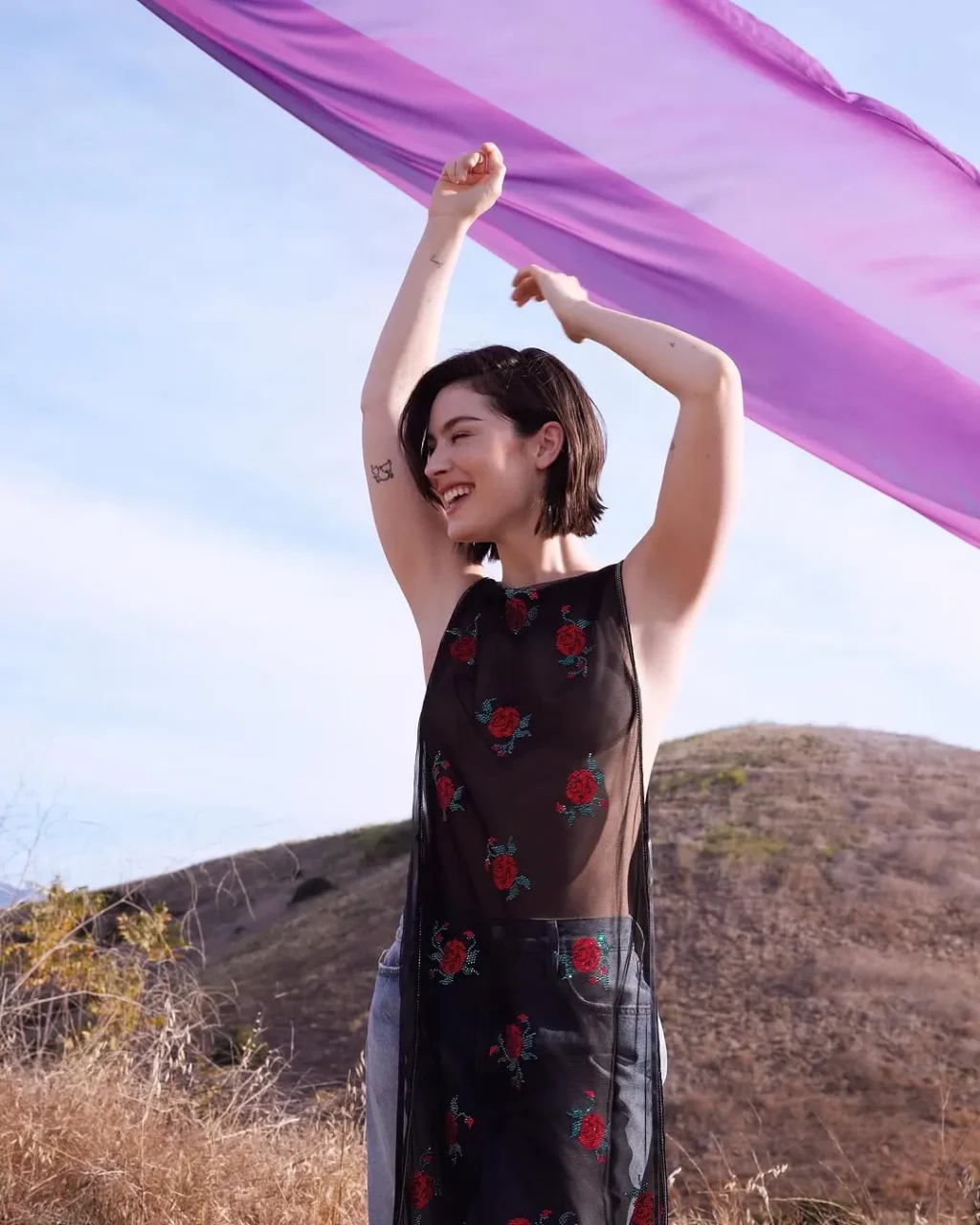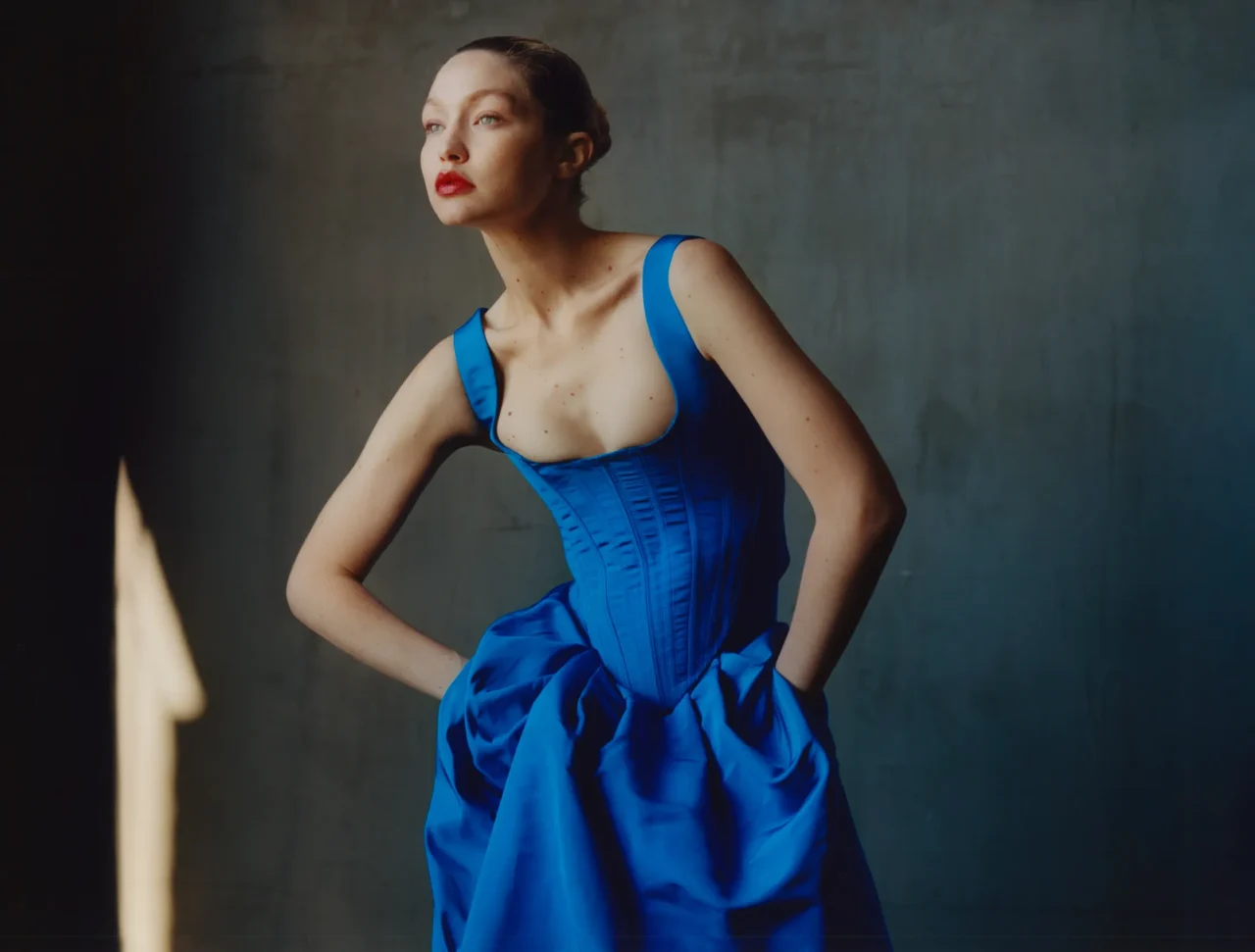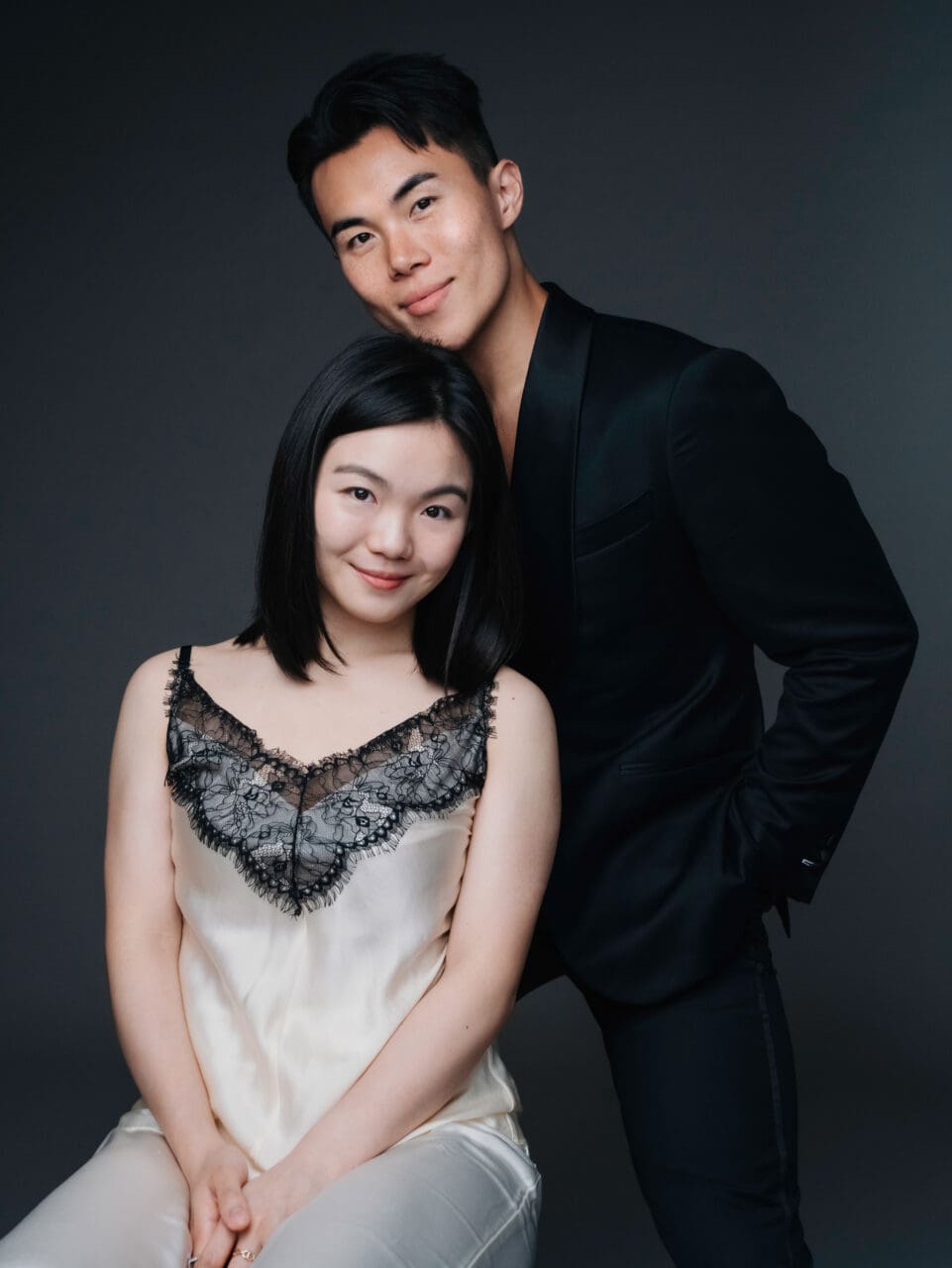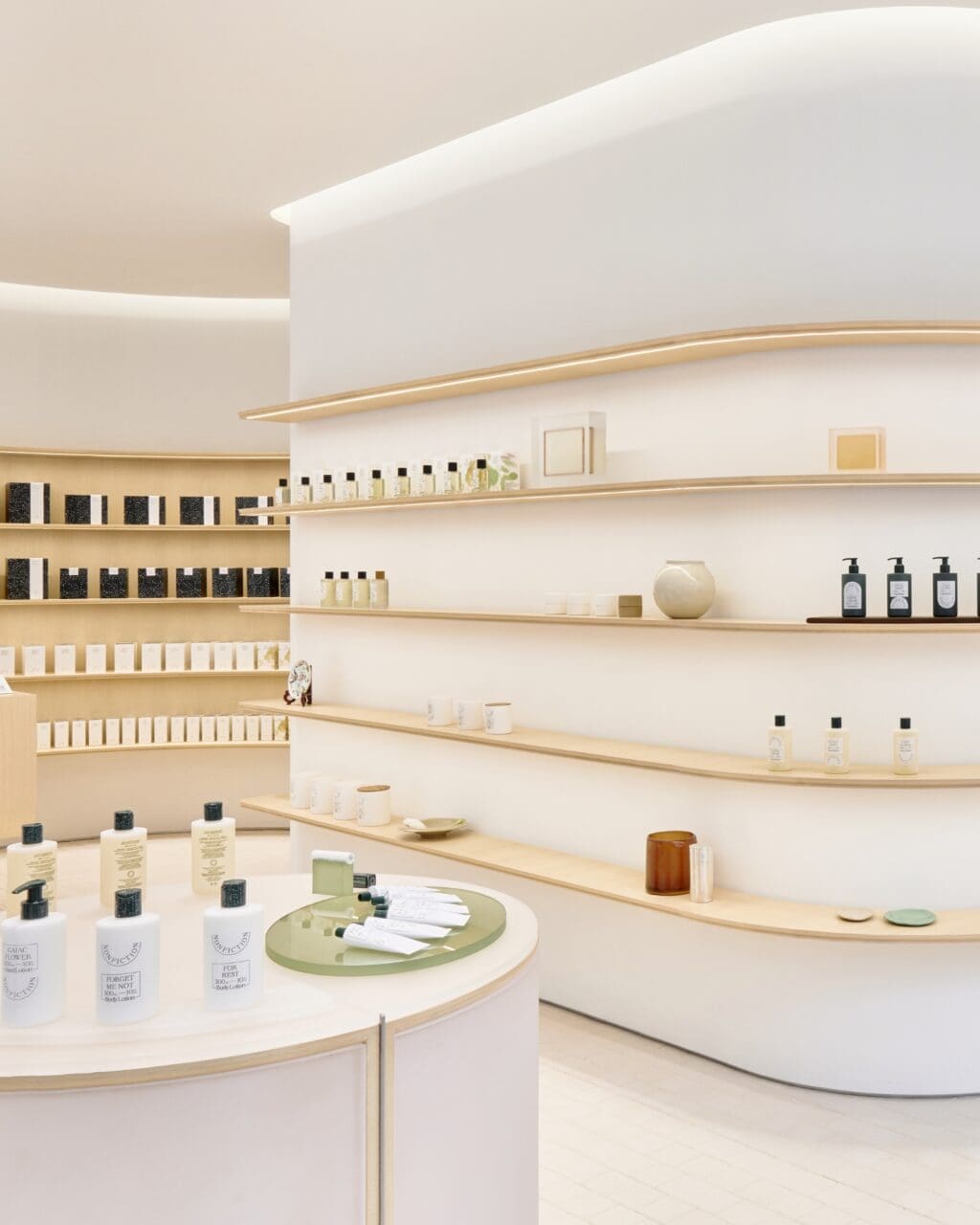What does your regular skincare routine look like?
It’s pretty basic. I wash my face two to three times per day and never sleep with make-up on. I always shower after the gym, use Biologique Recherche P50 sensitive lotion at night, and then put on any plant-based oil that’s in my cabinet. At night I put on a moisturising watermelon face mask by my friend who owns Pura Botanicals. It’s from Edmonton, Canada, but you can buy it at Harvey Nichols in Hong Kong. I also sweat through exercising every day. So sweating, cleansing and moisturising are key.
What results-driven facial treatments in Hong Kong have changed your skin for the better?
Flawless’ Intraceuticals facials are my go-to. I’ve tried almost all of them, and the treatments paired with the products are fantastic. For deep cleansing and a facial massage, I see Cecilia at Joyce Beauty in Central. Swiss O is my hair removal haven, and it’s the only laser hair removal that’s actually worked. They use leading technology for lasers, and I’ve never had such brilliant results.
Do you have any nutritional guidelines that you follow?
If I have a shoot, then the easiest thing for me is to cut obvious carbohydrates like bread, pasta, rice and starch. Day-to-day, I try to eat whole foods and things that look like what they are which means avoiding processed food. I like to drink but avoid sugary cocktails and instead usually stick to tequila or spirits mixed with soda water.
How do you optimise your health at home?
I bought an infrared sauna for my home because I use them a lot and, after calculating the cost per minute, realised I should just buy my own. I prefer using it at leisure because it heats you up from the inside out and you sweat a lot afterwards so it’s nice to be able to chill out at home. It flushes out a lot of toxins so take care when using it. Sleep is important to me and I have a huge memory foam bed that’s super comfortable. I also have blackout curtains and make sure it’s very dark and quiet. I try to aim for at least eight hours of sleep, but I’m happy with six. If I’m relaxed, I can sleep for twelve. I have a Dyson air purifier, dehumidifiers in every single room, and an air purifier in my bedroom. I’m also interested in a new molecular air purifier called Molekule. I believe that natural light and Vitamin D is essential to good health, so we have an apartment with a lot of sun and sea views.
What is your in-flight beauty regime?
Before I get on a long-haul flight, I always shower and wash my face. I don’t wear any make-up on the flight, and I do an overnight hydrating mask that I reapply every four hours. I don’t use sheet masks on a plane because they dry out really quickly and I prefer a thick, heavy cream-based mask.
How did you become interested in Korean beauty?
I’ve been living in Asia for ten-and-a-half years but used to live in New York where beauty is a huge industry. When I moved to Asia I started seeing different beauty trends and messaging that resonated with me more. In the USA and Canada, everything is always focused on anti-ageing and wrinkling, and it didn’t speak to me as an Asian. And then in Hong Kong, the messaging focused on brightening and gently improving what you already have, which made me shift my focus towards Asian-centric products. Now we can see that the West is looking to the East for beauty trends and it’s also happening in other industries like fashion and food. You used to have to validate your brand in the West to make your company in the East seem successful, but that’s not really the case anymore.
It’s in my nature to research and ask a lot of questions and, when I became curious about the beauty industry in Asia, I began to dig for answers. I realised there’s a massive difference between Japanese, Chinese and Korean skincare products. Korea is leading the way in terms of products and tech, and we’re so close to Seoul that I just started travelling to Korea.
What are some trusted places you go for non-invasive treatments in Korea?
Oracle is a mass market, mid-range clinic that is fantastic. You can go cheaper or more expensive but they are very consistent and reasonably priced. They have English-speaking staff, great doctors and I trust them with things like lasers and skin-resurfacing. Teng Teng is another clinic with great doctors that take care of a lot of Korean celebrities. Korea is home to some of the best subtle Asian dermatologists that refine your beauty instead of changing how you look.
Who are your go-to experts for hormones and hair care in Hong Kong?
I get my hormones checked quarterly, and take DIM, Dandelion root, and collagen. Dr. Nichola Salmond has balanced my hormones, cleaned my gut, helped my digestion and prevented me from breaking out and carrying water weight. For haircare I use Olaplex products, try not to wash it more than two to three times per week, and dye it every six weeks. For eyebrow microblading I go to Donald Chiu, and for laser facials I go to Gavin Tsoi. Both of these experts are at Oneness in Hong Kong.
What does your weekly workout routine look like?
I try to work out, run or hike six days a week no matter where I am in the world, and Sunday is rest day. In Hong Kong I do group training with trainer Jen Mackay and when travelling I hit every boutique studio I can. There’s no goal for me per se fitness-wise, it’s more for overall health, longevity and mobility.
What supplements can we find in your cupboard?
Great Lakes Collagen in my cupboard, bone broth in my fridge and Vital Protein sachets in my suitcase. I also take multi-vitamins, vitamin D, amino acids, Vitamin C (important for activating collagen), and biotin for my hair.
What beauty gurus do you follow on Instagram or see outside of Hong Kong?
I mostly follow doctors from around the world including Dr Kay Durairaj, Christopher Asandra MD, Dr. Simon Ourian, and Dr. Kam Kamanger.
Editor
Dervla LouliCredit
Lead photo: Alex Maeland